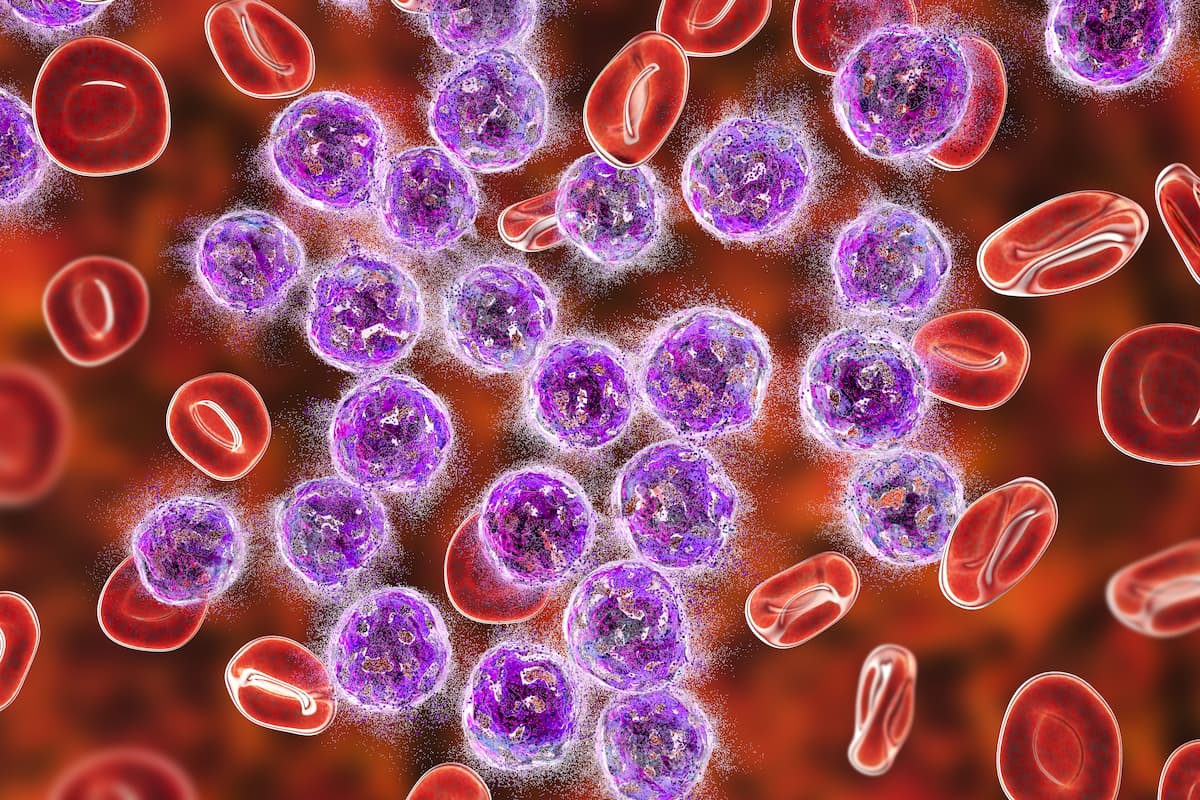A retrospective study found no association between survival of older patients with multiple myeloma and prediagnosis depressive symptoms and mental health-related quality of life.
Depressive symptoms and lower mental health-related quality of life (HRQoL) before older patients were diagnosed with multiple myeloma did not appear to affect survival, according to results of a retrospective study published in supportive care cancer.
Overall, prediagnosis depressive symptoms were not associated with all-cause mortality (HR, 1.01; 95% CI, 0.79-1.29) or cancer-specific mortality (HR, 0 .94, 95% CI, 0.69-1.28) for older patients with multiple myeloma.
“We found a high prevalence of prediagnostic depressive symptoms in older patients before diagnosis of their first primary multiple myeloma,” the researchers wrote. “Patients with depressive symptoms reported a higher number of comorbidities and lower scores indicating worse overall, mental, and physical HRQoL compared to patients without depressive symptoms.”
Patients who were 65 years of age or older at the time of the Surveillance, Epidemiology, and End Results (SEER) Medicare Health Outcomes Survey (MHOS) were eligible to participate in the study. Patients were also required to have received a diagnosis of their first primary multiple myeloma between 1998 and 2014, and had to have a minimum of 1 SEER-MHOS 5 years prior to diagnosis.
The primary endpoints of the study were cancer-specific mortality and all-cause mortality, as assessed by survival information from SEER registries.
A total of 522 patients diagnosed between 1998 and 2014 were included, of which 30% reported depressive symptoms before being diagnosed with multiple myeloma. The median age of the patients was 77 years, and 59% of the patients were 75 years of age or older. Sixty percent of the patients were white and 18% were black. Additionally, patients reported having an average of 2.7 comorbid conditions, and 74% had at least one heart condition.
Although not statistically significant, patients who scored in the second tertile of mental component scores (MCS) tended toward a higher risk of all-cause mortality (HR, 1.19; 95% CI, 0.91- 1.55) and cancer-specific mortality (HR, 1.17). ; 95% CI, 0.86-1.60) compared to the highest tertile. Comparing the first and third tertiles of MCS, no significant association was observed for all-cause mortality (HR, 1.07; 95% CI, 0.80-1.43) and cancer-specific mortality ( HR, 0.98, 95% CI, 0.68-1.40).
Regarding limitations, the investigators noted variable response for certain patient characteristics as a potential limiting factor, as well as the inability to make causal inferences. Additionally, certain regions of the United States, including Florida and Minnesota, were not represented in the SEER reports, which could limit the generalisability of these data.
“Further research is essential to understand the high prevalence of prediagnosis depressive symptoms and poor mental quality of life and to explore their impact on future risks of major depressive disorder, acceptability of treatment, and clinical decision-making after diagnosis. diagnosis of multiple myeloma. Ultimately, prospective studies and clinical trials should determine whether new life-prolonging therapies also improve mental HRQoL,” the researchers concluded.
Reference
Alobaidi A, Nabulsi NA, Talon B, et al. Depressive symptoms, mental health-related quality of life, and survival among older patients with multiple myeloma. supportive care cancer. 2020;28(9):4097-4106. doi:10.1007/s00520-019-05246-6
.
